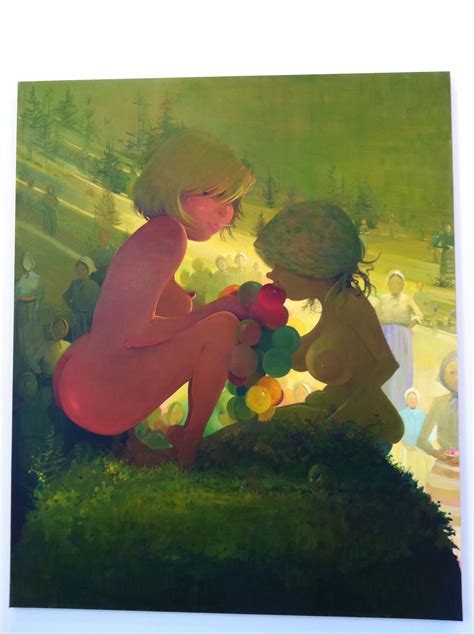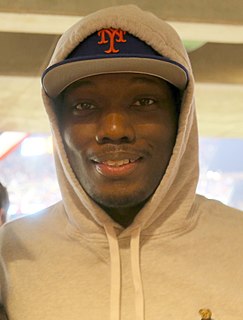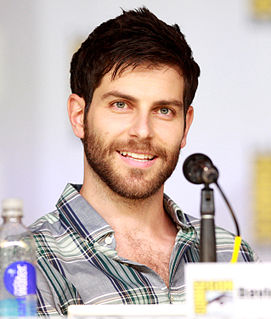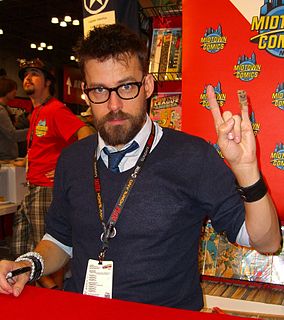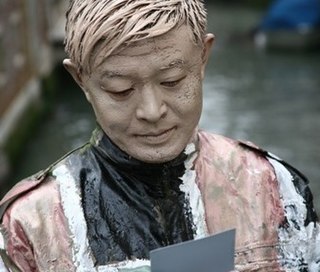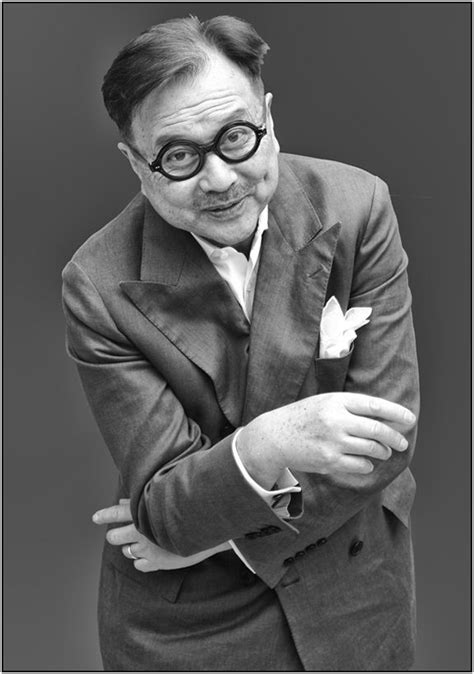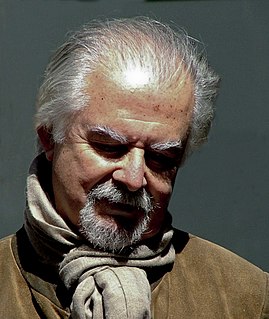A Quote by Lisa Yuskavage
I stopped painting because I was so shocked at what I was doing and how much I wasn't in the work. The work was alien to me. I didn't know how to paint in a way that would get me out of this funk.
Related Quotes
I think too much is known about me already. I think biographical information can get in the way of the reading experience. The interchange between the reader and the work. For example, I know far too much about Norman Mailer and Kurt Vonnegut. Because I know as much as I do about their personal lives, I can't read their work without this interjecting itself. So if I had it to do over, I'd probably go the way of J.D. Salinger or Thomas Pynchon. And just stay out of it altogether and let all the focus be on the work itself and not on me.
I am telling you now: I might be young, but I am good. I work hard, and I'm a good person. I know what's right. I know what's wrong. And if you give me this chance-- if you just give me one shot to show you how good I can be, how hard I work, how much I believe in doing the right thing -- I won't let you down. I promise.
I get very surprised and shocked because there is so much prejudice against me as a celebrity, instead of them looking at the quality of my work. Just look at the work. Forget about who I am. But there is so much perception in the art business that blurs that insight. The work speaks, so just look and then judge from there.
...the geometrician teaches me how to work out the size of my estates rather than how to work out how much a man needs in order to have enough....You geometers can calculate the area of circles, can reduce any given shape to a square, can state the distances separating starts. Nothing's outside your scope when it comes to measurement. Well, if you're such an expert, measure a man's soul; tell me how large or how small that is. You can define a straight line; what use is that to you if you've no idea what straightness means in life?
I just happened to have my camera and be photographing my friends. It was totally innocent; there was no purpose to the photographs. There was a purity to them that wasn't planned; it was realism. Over the years, the work has changed for me. I know that I have wanted to repeat myself, but I can't. I've been lost a lot of times, but then I'd just get an idea and photograph it. Once I'd started, I'd know exactly what would go down and how it would end. So I just quit doing it, because it loses all interest for me when you know what's going to happen.
All of a sudden, I was in charge of my own decisions in the studio, and I didn't have someone to guide me on what I was doing, right or wrong... I wasn't a producer, and I didn't realize until then how important producers were and how much they assisted me in my work. I tried to do what I could, but I had no idea what would be good for the market.
The advise my dad gave me: "To know is to study." Get some training under your belt, so that nobody what somebody asks you to do, you know how to handle it accordingly. I learned so much while working, because I developed a solid work ethic in school. Whereas, a lot of my friends had no work ethic; and because of that, they're sitting at home today.
You know, I didn't write my books for critics and scholars. I wrote them for students and artists. When I hear how much my work has meant to them--well, I can't tell you how happy that makes me. That means that this great stuff of myth, which I have been so privileged to work with, will be kept alive for a whole new generation. That's the function of the artists, you know, to reinterpret the old stories and make them come alive again, in poetry, painting, and now in movies.
